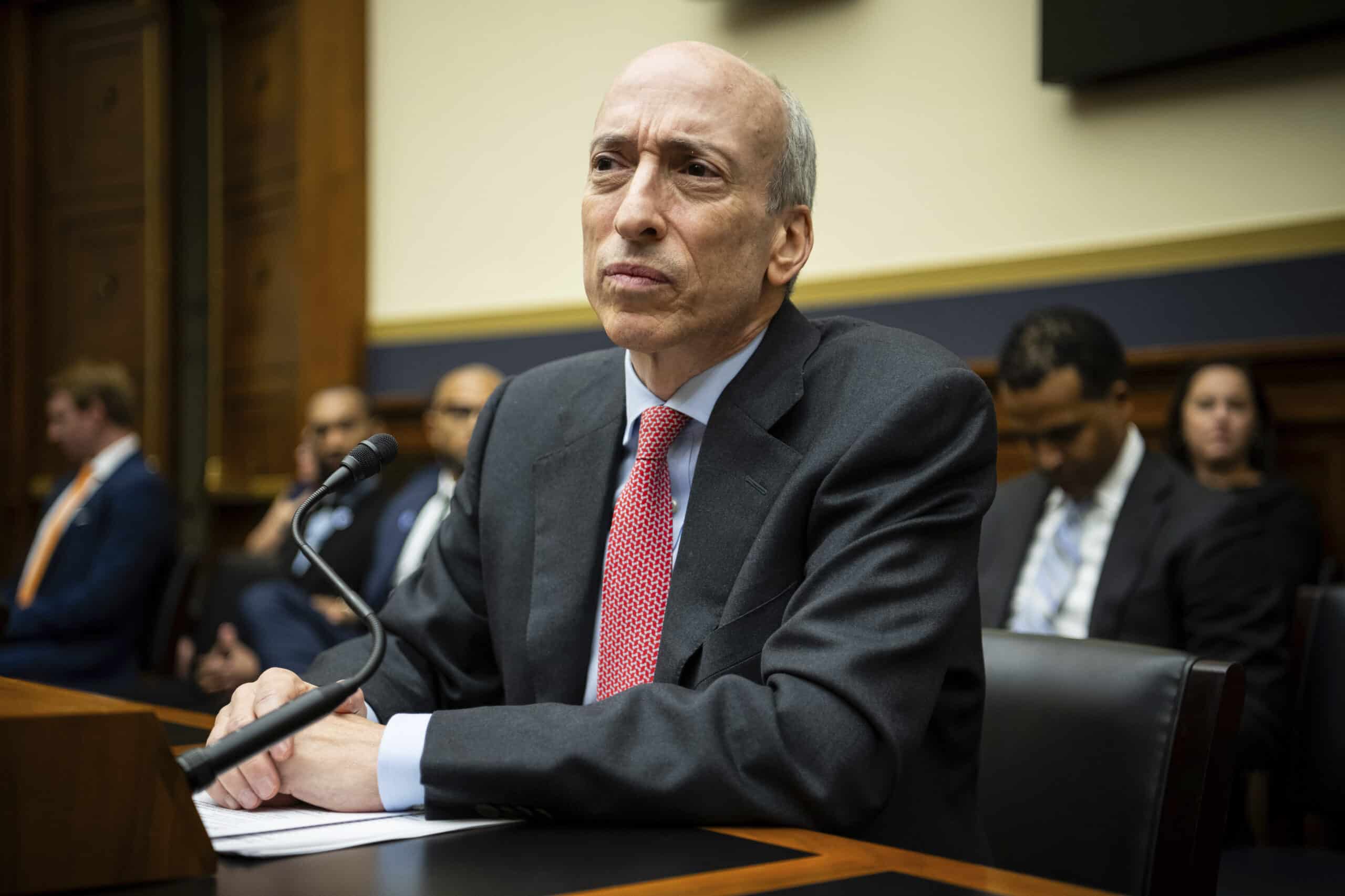Republican lawmakers Jim Jordan, Patrick McHenry and James Comer initiated an investigation Tuesday into claims that SEC Chair Gary Gensler has appointed members to the commission on the basis of political affiliations, allegedly in violation of federal regulations. According to experts, however, the investigation is essentially political theater, meant to do little more than curry favor with the crypto industry.
A letter sent to Gensler revealed on X Thursday alleges Gensler violated the Civil Reform Act of 1978, and has asked his office to hand over communications relating to the hiring of SEC staff. “It’s a press release in the form of a letter,” said Todd Phillips, an assistant law professor at Georgia State University who previously worked in the House of Representatives writing similar letters for Democratic lawmakers from 2016 to 2018. “The crypto industry hates Gary Gensler, and this is just red meat to the base.”
Gensler has led the SEC as it pursued numerous enforcement actions against cryptocurrency firms and failing to clarify which tokens are commodities or securities, an approach critics call “regulation by enforcement.” Gensler has become so divisive that Donald Trump, as part of his presidential campaign, has promised to “fire” Gary Gensler on Day 1 (the former President received a standing ovation when he reiterated this pledge during his keynote speech at the Bitcoin 2024 conference in late July). According to a report from Bloomberg last week, Democratic donors are pushing Vice President Kamala Harris to commit to firing Gensler immediately as well.
Read more: Trump Promises to ‘Embrace’ Crypto and Bitcoin in Economic Policy Speech
The letter sent by lawmakers alleges that the hiring of Dr. Haoxiang Zhu, the current SEC Director of Trading and Markets, was politically motivated, based on an email Zhu sent Gensler months before his appointment in which he says that he is “in the right place on the political spectrum” for a job at the SEC. The Civil Reform Act prohibits the appointment of people to specific civil services positions based on political affiliation.
However, according to the Plum Book, a book which lists United States Government Policy and Supporting Positions that are subject to political appointment, the role of Director of Trading and Markets is exempt from this rule. It is “typically a political appointment under the discretion of the President,” said Guo Xu, Associate Professor in Business and Public Policy at the UC Berkeley Haas School of Business.
Even if it were not an exempt position — and the Plum Book has contained errors before — Zhu’s 2021 emailed correspondence with Gensler seems “benign,” said Phillips. According to Phillips, it seems that Zhu was confusing politics with ideology, the latter of which is completely acceptable, and in fact encouraged, to be considered when hiring for positions within the Commission. “There is no political spectrum, there are two political parties — but there is an ideological spectrum,” explained Phillips.
Philips further noted that there could be an applicable prohibition on hiring someone because they are a Democrat. “But there is not a prohibition on hiring someone because they have the same kinds of [economic] views as you,” he said.
Read more: Congress Is Having Its First Hearing on DeFi. What Does the White House Think of It?
What Comes Next
That said, Gensler is now required to send the Republican lawmakers all of his correspondence about the SEC’s hiring, termination, and transfer decisions by September 24. It is possible, albeit unlikely, that those documents could contain more problematic statements. If the Republican lawmakers believe any of that correspondence rises to the level of a violation, they can recommend the Department of Justice or another law enforcement agency pursue an enforcement action. The documents would not automatically be public, however, unless the lawmakers chose to publish them.
It’s unlikely that an enforcement agency would accept the Republicans’ recommendation on evidence as flimsy as Zhu’s May 2021 email, noted Phillips. But Roger Nober, director of George Washington University’s Regulatory Studies Center, pointed out that even enforcement agencies have become politicized in recent years, and the likelihood of an enforcement action could change depending on who wins the presidency in November.
Read more: How to Invest In Crypto Depending on Whether Trump or Harris Becomes President
“I think a lot of Republicans, particularly after the Russia Investigation and [investigation] of Trump, feel that there’s a lot of partisan people in law enforcement agencies and partisanship in the Department of Justice,” said Nober. Trump has vowed to use law enforcement to prosecute his political enemies if he wins the presidency.
Odds are, however, Gensler is not at the top of the former president’s hit list. The Department of Justice or another law enforcement agency under Biden is even less likely to prosecute. “I have a very difficult time seeing this resulting in a recommendation, let alone any kind of prosecution,” said Phillips.



